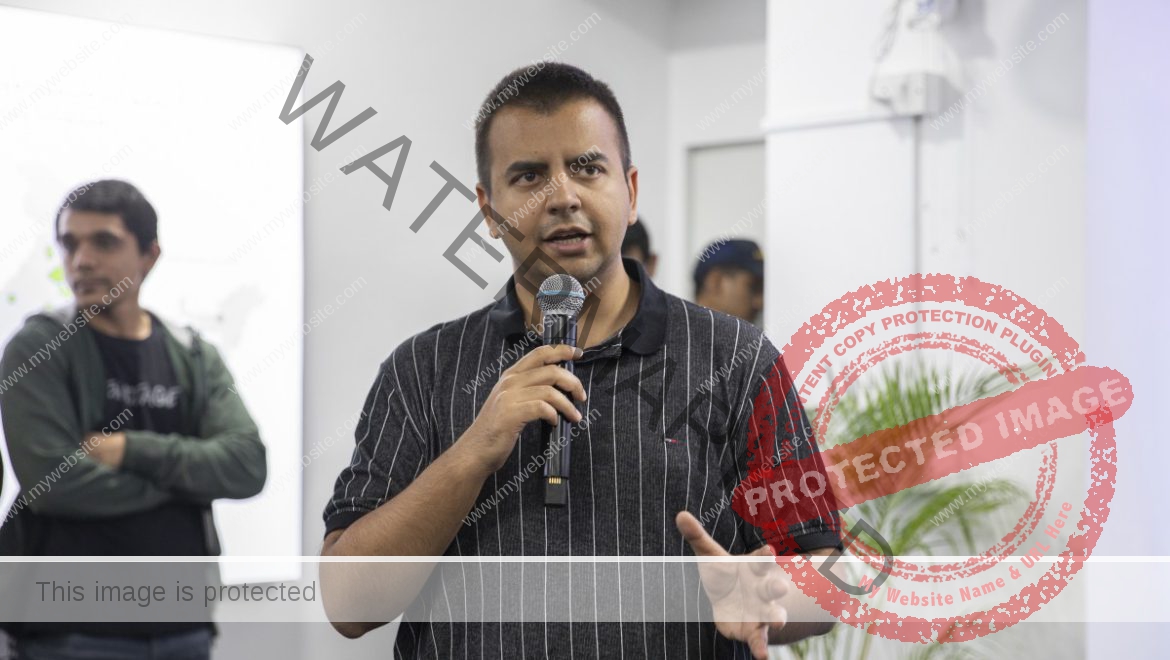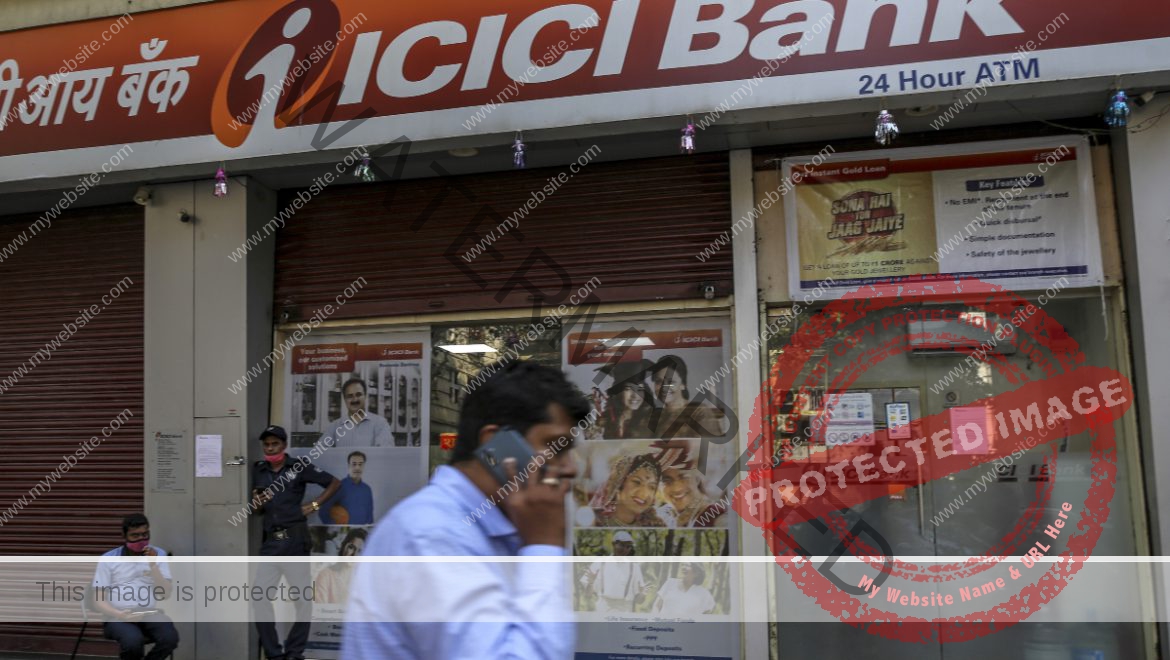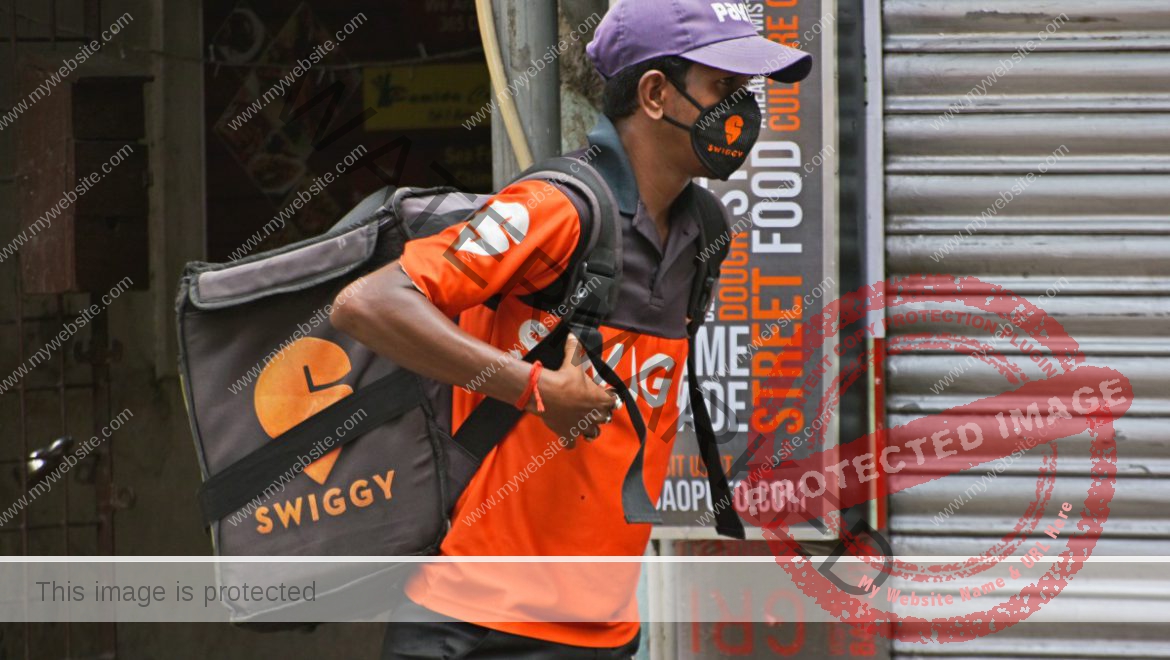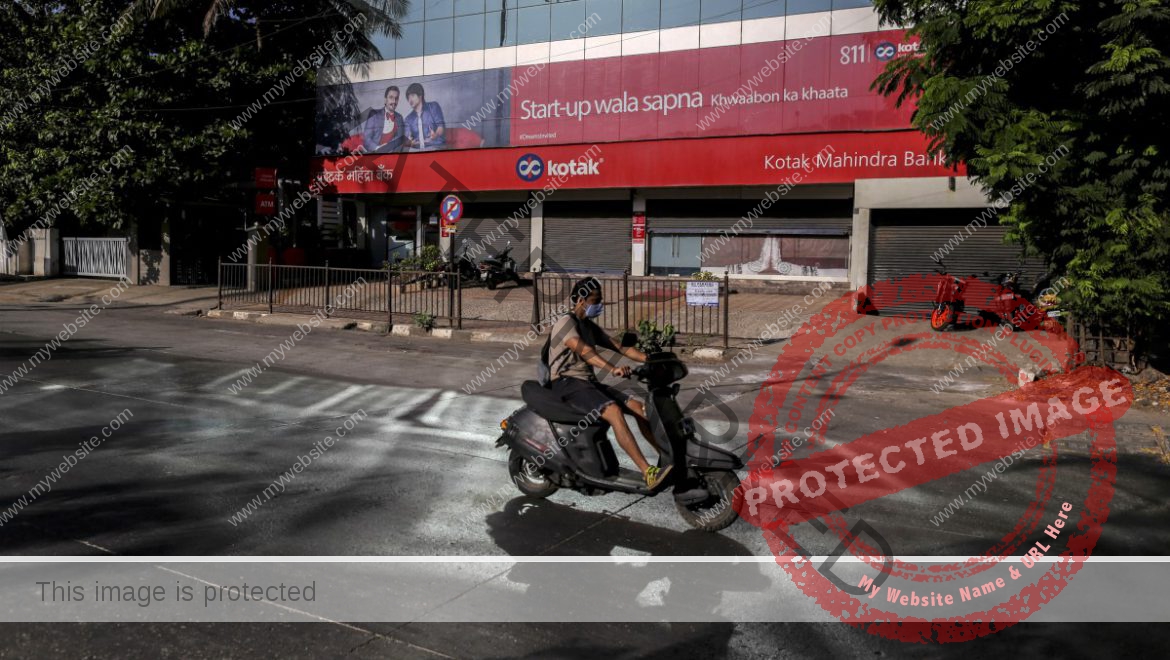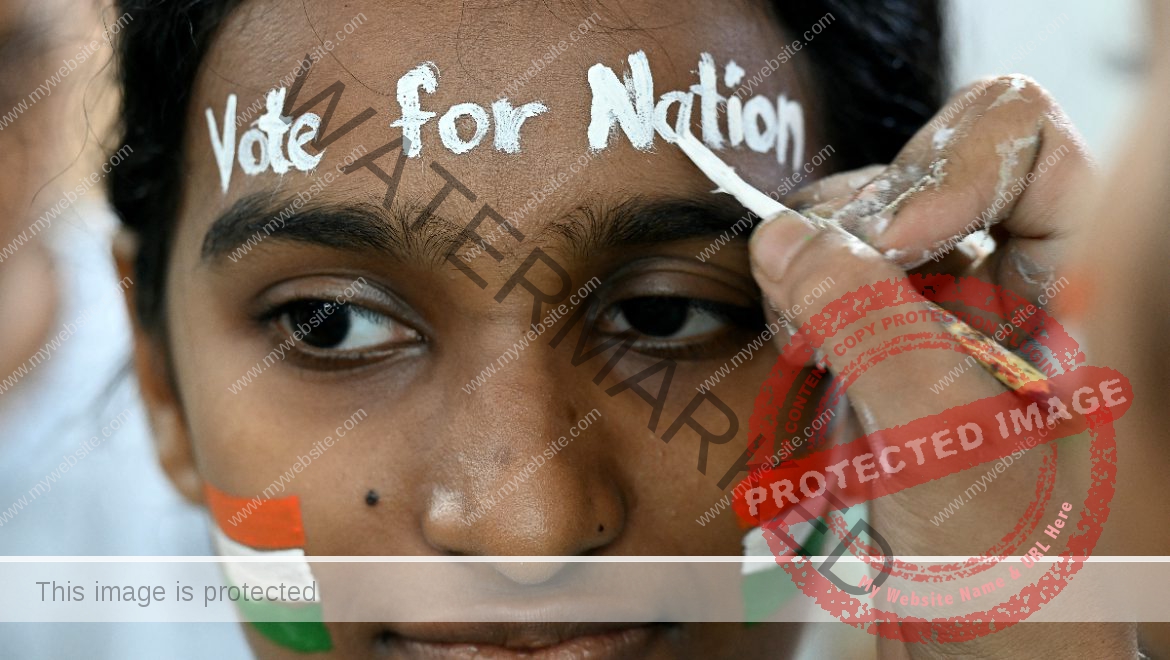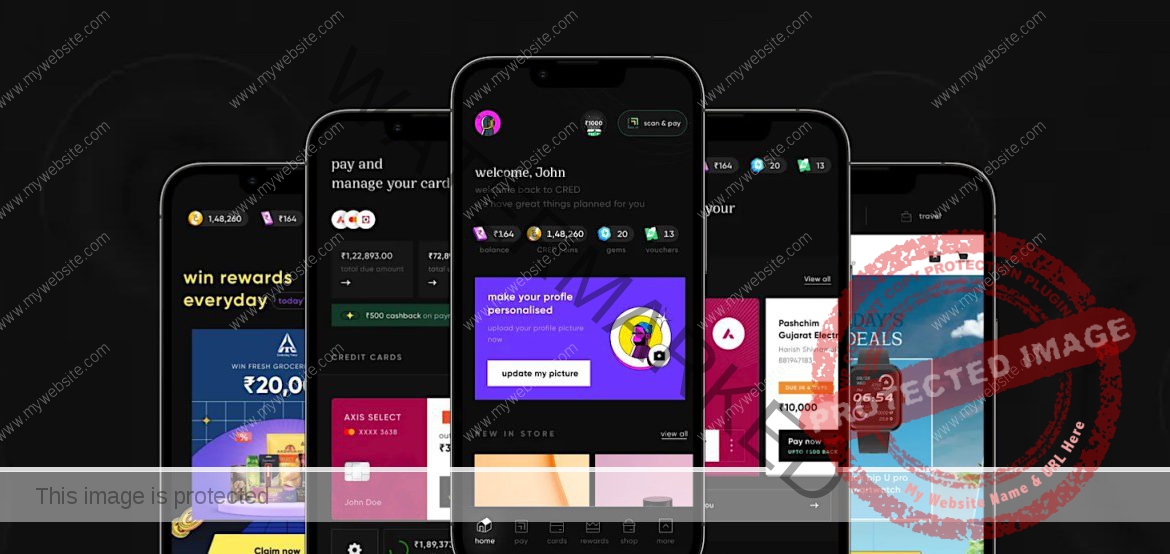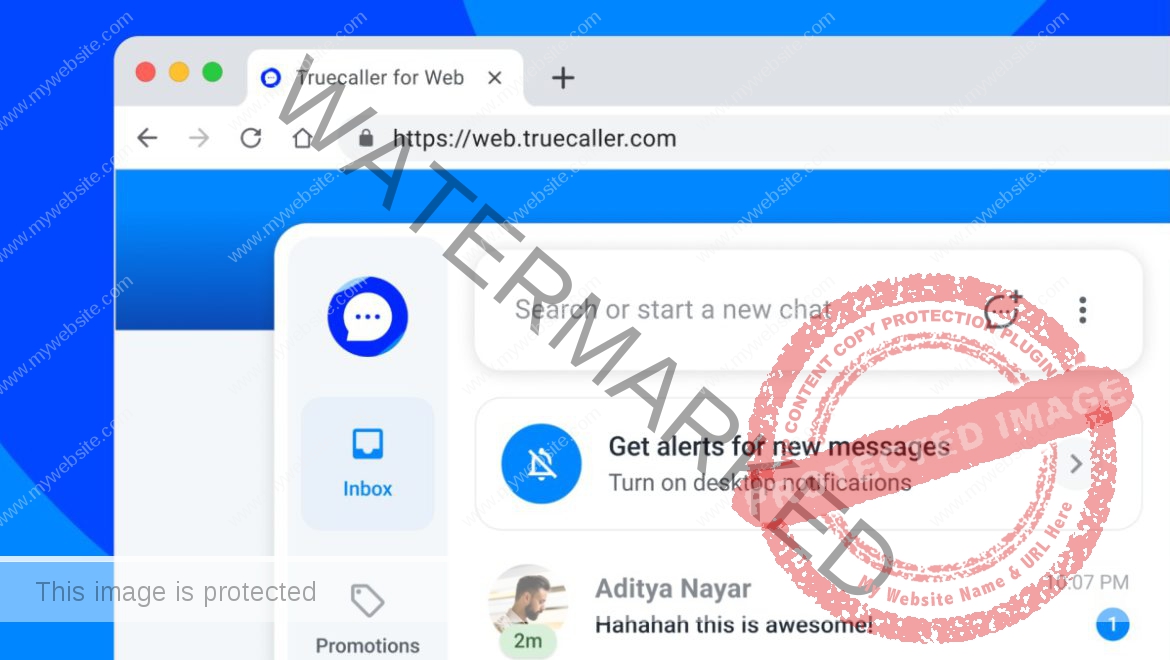As India kicks off the world’s biggest election, which starts on April 19 and runs through June 1, the electoral landscape is overshadowed by misinformation.
The country — which has more than 830 million internet users and is home to the largest user base for social media platforms like Facebook and Instagram — is already at the highest risk of misinformation and disinformation, according to the World Economic Forum. AI has complicated the situation further, including deepfakes created with generative AI.
Misinformation is not just a problem for election fairness — it can have deadly effects, including violence on the ground and increase hatred for minorities.
Pratik Sinha, the co-founder of the Indian non-profit fact-checking website Alt News, says there’s been an increase in the deliberate creation of misinformation to polarize society. “Ever since social media has been thriving, there is a new trend where you use misinformation to target communities,” he said.
The country’s vast diversity in language and culture also make it particularly hard for fact-checkers to review and filter out misleading content.
“India is unusual in its size and its history of democracy,” Angie Drobnic Holan, the director of International Fact-Checking Network, told TechCrunch in an interview. “When you have got a lot of misinformation, you have a lot of need for fact-checking, and things that make the Indian environment more complex also are the many languages of India.”
The government has taken steps against the problem, but some critics argue that enforcement is weak, and the Big Tech platforms aren’t helping enough.
In 2022, the Indian government updated its IT intermediary rules to require social media companies to remove misleading content from their platforms within 72 hours of being reported. However, the results are unclear, and some digital advocacy groups, including the Internet Freedom Foundation, have noticed selective enforcement.
“You don’t want to have laws or rules that are so vague, that are so broad that they can be interpreted,” said Prateek Waghre, executive director of the Internet Freedom Foundation.
Google and Meta have made announcements about limiting misleading content on their platforms during Indian elections, and restricted their AI bots from answering election queries, but have announced no significant product-related changes or stringent actions against fake news. Moreover, just before the Indian election, Meta reportedly cut funding to news organizations for fact-checking on WhatsApp.
Now fake news is proliferating on social media. Doctored videos of celebrities asking citizens to vote for a particular political party and fake news about the Model Code of Conduct applied to public programs and private chats were well spread online before the election began.
Hamsini Hariharan, a subject matter expert at the U.K.-based fact-checking startup Logically, told TechCrunch about the trend of “cheapfakes” — content generated with less sophisticated measures of altering images, videos, and audio — being widely shared across social media platforms in India.
Last week, 11 civil society organizations in India, including the nonprofit digital rights groups Internet Freedom Foundation and Software Freedom Law Center (SFLC.in), urged the Indian election commission to hold political candidates and social media platforms accountable for any misuse.
Hariharan underlined that the scale and sophistication of misinformation and disinformation have drastically increased over the last five years since India’s last general election in 2019. The key reasons, she believes, are the increase in internet penetration — it’s grown from 14% in 2014 to around 50% now, according to World Bank data — and the availability of technologies to manipulate audiovisual messages, low media literacy, and the mainstream media losing some of its credibility.
Logically noticed a particular spike in attempts to cast doubt about electronic voting machines. Its fact-checkers saw older claims, particularly videos and text from Supreme Court hearings about voting machines, being circulated without sufficient context. There were even some posts about these machines being banned, faulty or tempered with, along with hashtags such as #BanEVM circulated among Facebook groups with thousands of followers.
Sinha of Alt News agreed that misleading online content has rapidly risen in the country. He noted that social media companies are not helping to limit such content on their platforms.
“Is there a single report that’s been published in four years as to how their fact-checking enterprise is doing? No, nothing, because they know it is not working. If it was working, they would have gone to town with it, but they know it’s not working,” he told TechCrunch.
Holan believes there is much room for product changes that emphasize accuracy and reliability.
“The platforms invested heavily during COVID in trust and safety programs. And since then, there’s clearly been a pullback,” she said.
Meta and X did not answer why there have been no significant product-related updates to restrict misleading content and the amount of investments made for fact-checking in India. However, a Meta spokesperson noted the existence of a WhatsApp tip line, which was launched in late March, and an awareness campaign on Instagram to identify and stop misinformation using the platform’s built-in features.
“We have a multi-pronged approach to tackling misinformation that includes building an industry-leading network of fact-checkers in the country, including training them on tackling AI-generated misinformation,” the Meta spokesperson said in an emailed statement.
X did not answer a detailed questionnaire sent to the generic press email ID but said, “Busy now, please check back later.”

